The presidents of the Philippines, Ferdinand Marcos, and the United States, Joe Biden, in the Oval OfficeCarolyn Kaster (APN)
The United States and the Philippines have agreed on Monday to strengthen their alliance, especially in the military area.
The respective presidents, Joe Biden and Ferdinand Marcos Jr., have agreed at the White House on a series of measures to improve collaboration between the two armed forces, one more step in a rapid process of strengthening ties that began after the coming to power of the Philippine leader on last year and fueled by suspicions about China
In their meeting in the Oval Office, the highlight of a four-day visit to the United States by the Philippine leader, Biden reaffirmed the mutual defense treaty signed between the two governments in 1951 and which obliges the United States to intervene in the event of a attack against Philippine forces, as the White House had anticipated.
The two presidents have also agreed to a series of measures to increase their military cooperation in almost all types of areas: land, sea, air, space and cyberspace.
Washington will send three C-130 planes and patrol ships to the archipelago.
Both leaders wanted to flaunt harmony.
A harmony that was missing during the term of Rodrigo Duterte, very critical of the United States - he came to call Barack Obama a "son of a bitch" - and who promoted a rapprochement with Beijing instead.
It had been ten years since a Philippine president had visited Washington.
“The United States remains unwaveringly committed to the defense of the Philippines, including the South China Sea, and we will continue to support the modernization of the Philippine armed forces,” Biden promised in brief statements to the press at the beginning of the meeting.
For his part, Marcos stressed the need to “find different ways to strengthen our alliance and association within the framework of the new post-pandemic economy.
Beyond that, there are new political issues that have created in the region where the Philippines is located possibly the most complicated geopolitical situation in the world right now.
So it's natural for the Philippines to look to the only (military) treaty ally to strengthen and redefine the relationship we have and the roles we play in the face of these rising tensions we see around the South China Sea and in Asia. Peaceful".
A few words that would have been unusual in the Duterte era.
The relay in Manila has meant a radical change in bilateral ties.
Marcos, known as "Bongbong" and son of the former Philippine dictator who was overthrown in a popular revolt in 1986, has tried to cultivate good relations with the two powers.
He has reasons for it.
Both are the main trading partners of their country.
China is the great regional force and the United States, a military ally with which many of the main Philippine military commanders -many of them trained in the North American country- have important personal contacts.
At the same time, the Philippines is also in a bitter sovereignty dispute with Beijing over waters in the South China Sea.
Its population is deeply skeptical about the neighboring country;
their fishing boats frequently collide with Chinese ships.
And an alleged comment by Beijing's ambassador in Manila that the Philippines should not support Taiwan independence "if they care about the 150,000 workers" from the archipelago working on the self-ruled island has caused deep unease.
"Some of the steps that China has taken have worried (Marcos), probably even surprised him," a senior US government official said before the meeting, speaking on condition of anonymity.
The Philippine president "has a great desire to collaborate with the two countries, but he finds himself in a situation where the steps China is taking are deeply concerning."
Washington has been careful to cultivate this relationship, part of a series of initiatives to strengthen its presence in Asia and its alliances in the area in the face of China's growing strength.
The Biden Administration perceives the Philippines as a key logistical piece for assistance to Taiwan in the event of a military conflict around the island, which is ideologically aligned with the United States and which China considers part of its territory.
Biden had already spoken last year with Marcos, to whom he expressed his government's interest in strengthening relations.
In November, Vice President Kamala Harris traveled to the archipelago.
This February it was the Secretary of Defense, Lloyd Austin, who traveled to Manila.
During that visit, both countries agreed to a greater presence of US forces in four Philippine military bases, near Taiwan or the Spratly, the islets that Manila disputes with Beijing in the southern sea.
According to White House National Security Council spokesman John Kirby, the objective of the rapprochement in defense matters is to facilitate "better coordination" between the two armies and allow the United States to "comply with its obligations" contained in the treaty of 1951, as well as “to improve the capacity of the Philippine Army”.
The spokesman has also thanked Manila for the agreement for the use of the additional bases and has insisted that they will be used "in full coordination and cooperation at all times with the Philippine authorities."
Marcos's visit comes just three days after the annual joint Balikatan maneuvers have concluded, whose edition this year has been the largest in 38 years and in which nearly 18,000 soldiers have participated.
It also comes less than a week after Biden received South Korean President Yoon Suk-yeol at the White House on a state visit in which the two leaders agreed to increase US protection for their ally against a potential nuclear attack by North Korea.
Biden plans to travel to East Asia in the middle of this month, when he will travel to Japan, to participate in the annual summit of the G7 countries, and to Australia, one of the members of the military alliance known as Aukus and which also includes the United Kingdom. United.
Follow all the international information on
and
, or in
our weekly newsletter
.

/cloudfront-eu-central-1.images.arcpublishing.com/prisa/TFG2FW3CWZYKDVW5LVGTD6KIV4.jpg)
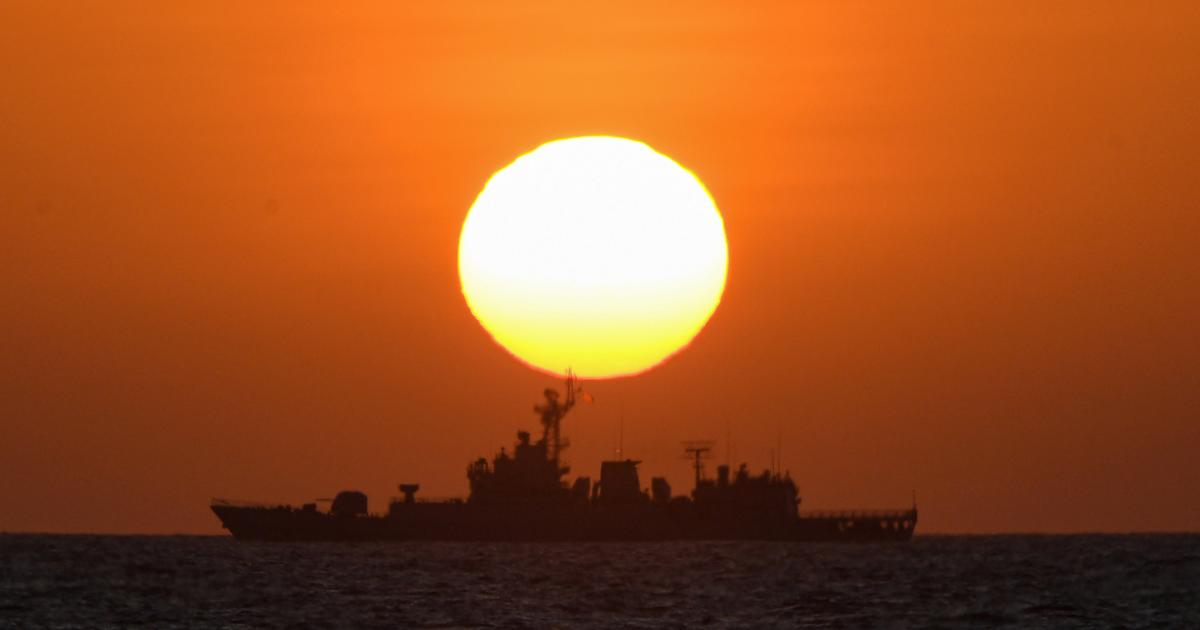
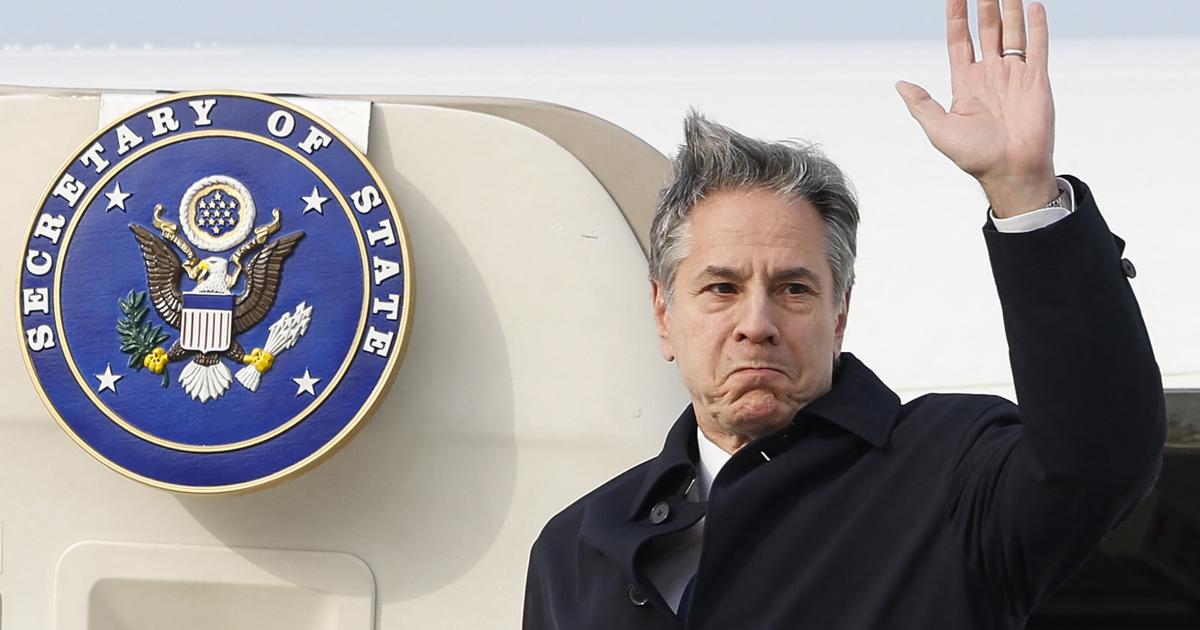
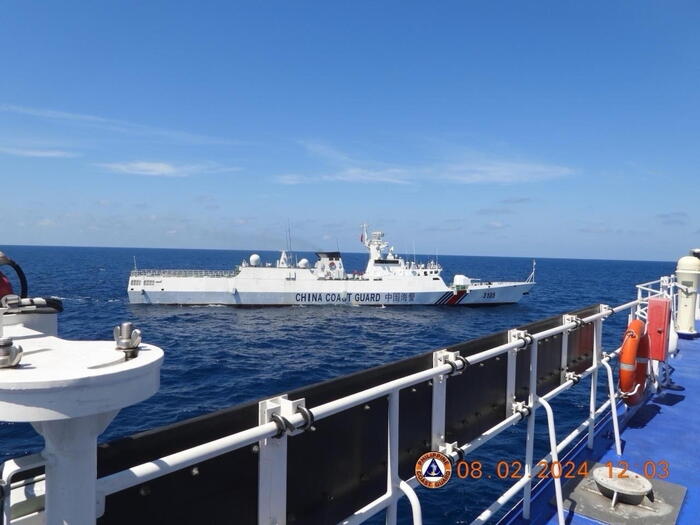
/cloudfront-eu-central-1.images.arcpublishing.com/prisa/OORXB2YNDLANHK3OYLEUMD7SPM.jpg)
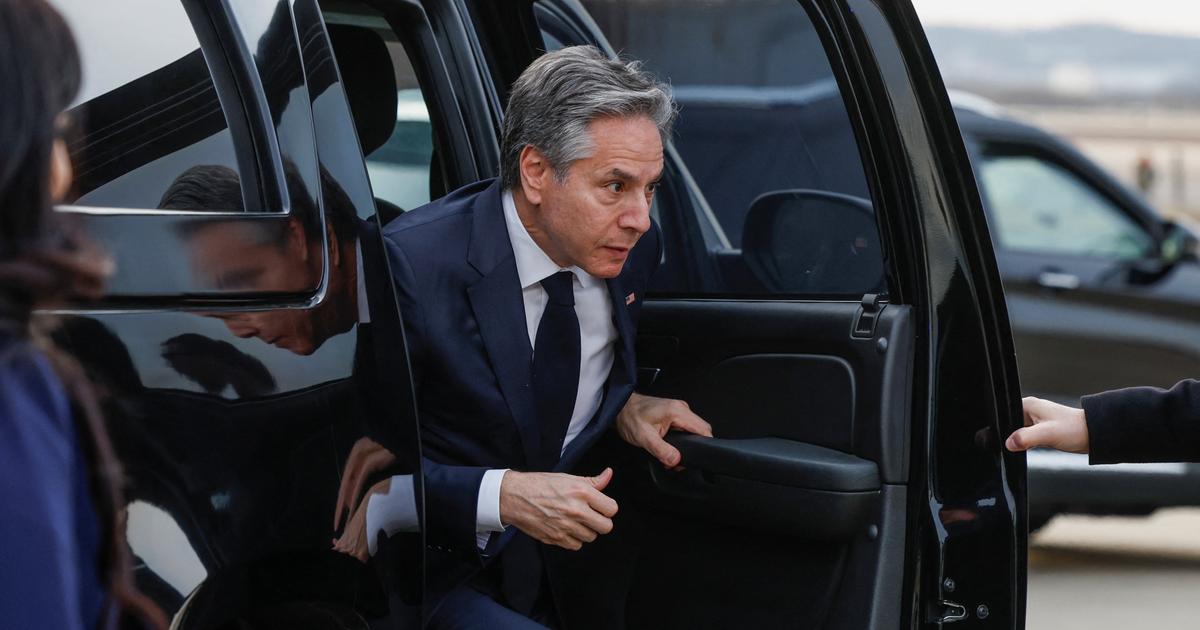

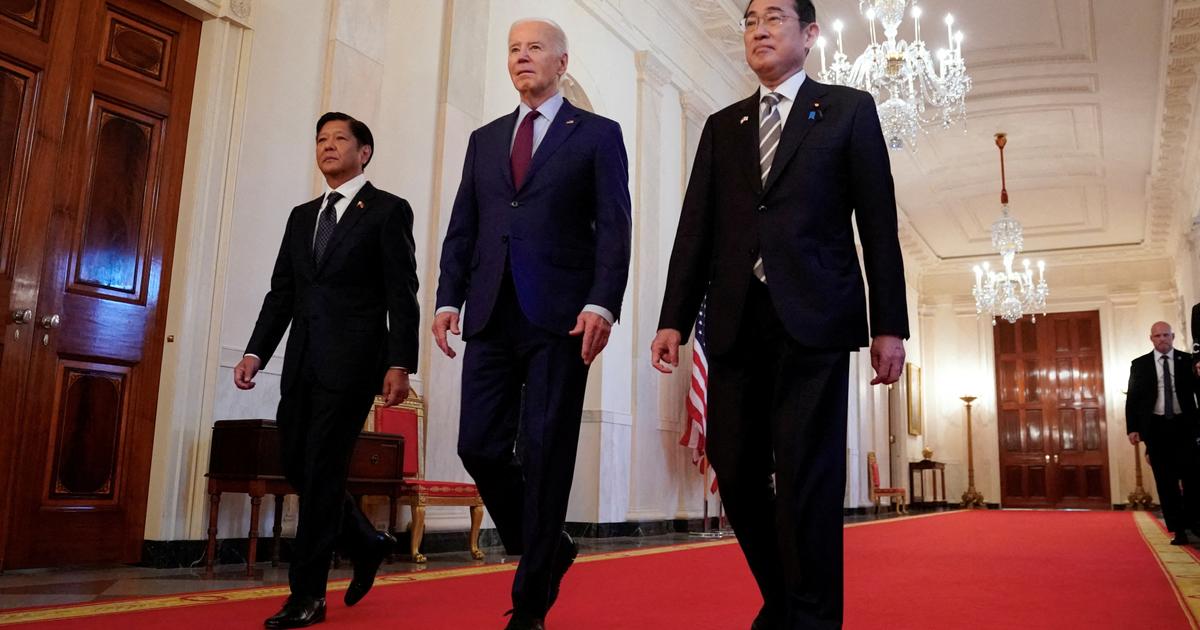
/cloudfront-eu-central-1.images.arcpublishing.com/prisa/FIJVMOBHZRWVDBKS3NAQ2M4JRE.jpg)